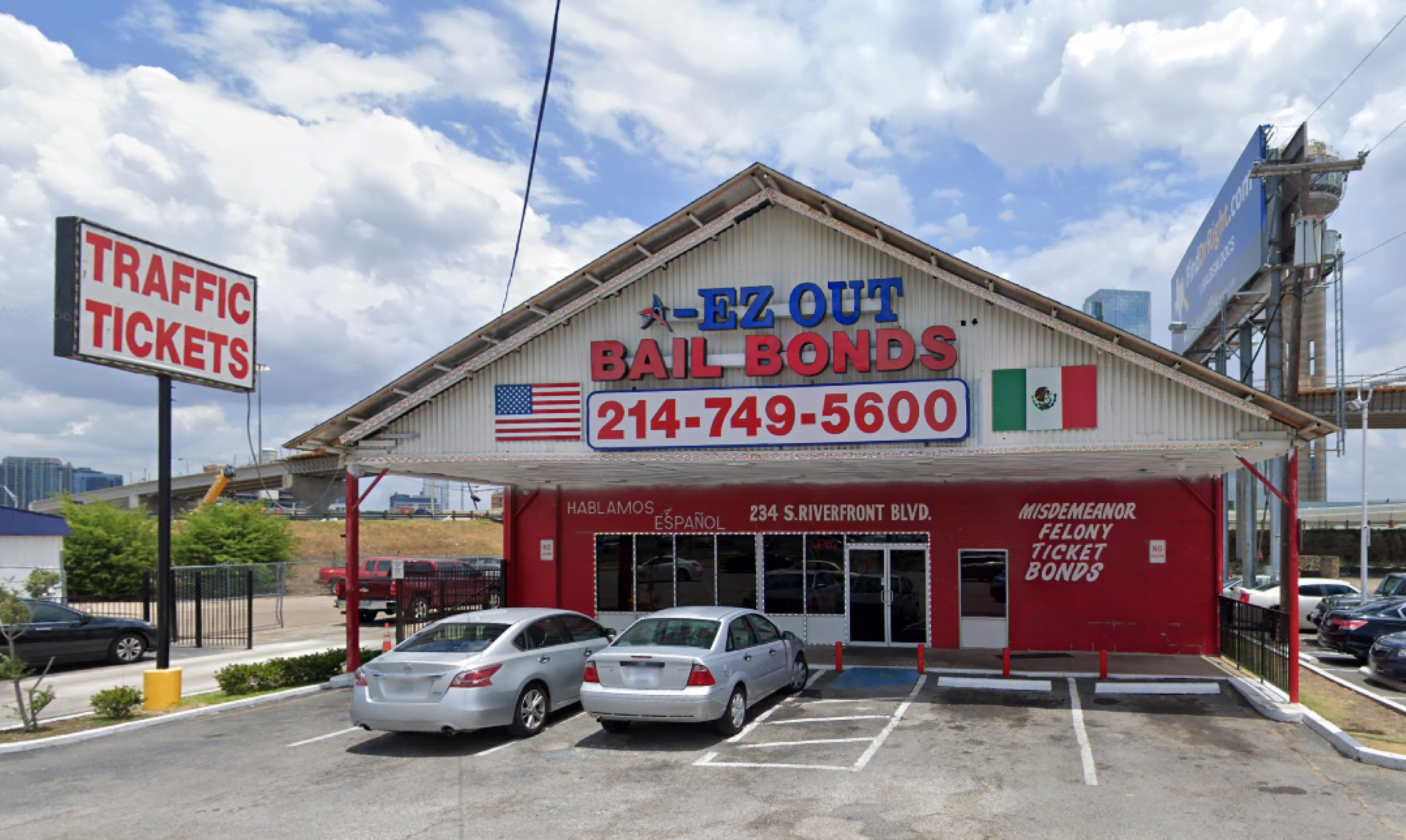A Comprehensive Overview to the Lawful and Monetary Aspects of Bail Bonds
The detailed world of bail bonds serves as a critical element within the lawful system, yet it typically continues to be shrouded in secret for several individuals. This overview dissects the legal structure and financial ins and outs that specify bail bonds, dropping light on the pivotal function of bail representatives and the different bond kinds available. Comprehending the economic implications, such as non-refundable premiums and possible collateral loss, is vital.
Recognizing Bail Bonds
Browsing the complexities of the legal system frequently needs a clear understanding of bail bonds. Basically, a bail bond is an economic guarantee to the court that the defendant will appear at all required hearings.

The bail bondsman presumes the threat, guaranteeing conformity with court appearances - bail bonds near me mansfield ohio. This system enables the harmonizing of private flexibility with the assurance that justice can be served, helping with a much more efficient legal procedure
Legal Structure of Bail
The legal structure of bail is intricately structured to stabilize the legal rights of the implicated with the interests of public safety and security and the stability of the judicial process. At its core, bail acts as a device to make sure that accuseds go back to court while waiting for trial, without the demand for pretrial detention. The Eighth Amendment of the USA Constitution restricts too much bail, thereby guarding against corrective pretrial procedures that would unduly restrict a person's freedom.
Judges play a pivotal function in identifying bail, considering variables such as the nature and seriousness of the crime, the accused's criminal background, possibility of trip, and prospective hazard to the neighborhood. This optional power aims to customize bail decisions to specific situations, advertising fairness while preserving public safety and security. Jurisdictions might have particular laws and guidelines that additionally mark the conditions under which bail is ideal.
Furthermore, the lawful framework integrates numerous forms of bail, consisting of money bonds, guaranty bonds, and individual recognizance, each with unique needs and effects. Recent reforms in some territories have actually sought to resolve systemic inequalities by decreasing reliance on money bail, thereby emphasizing non-monetary problems that straighten more closely with principles of justice and equality.
Function of Bail Agents
While the legal framework of bail establishes the stage for judicial discretion, bail agents play an essential role in the useful functioning of the bail system. These experts, likewise referred to as bail bondsmensman, work as middlemans between the court and the accused, assisting in the launch of offenders from custody pending trial. By issuing surety bonds, bail agents guarantee the accused's appearance in court, successfully presuming economic duty if the specific falls short to show up.
Bail representatives possess a deep understanding of the legal processes and requirements for posting bail, giving invaluable advice to offenders and their families throughout what can be a demanding duration. They examine the danger related to each defendant and determine whether to issue a bond based upon different aspects, including the nature of the alleged crime, the defendant's criminal background, and ties my site to the community.
Moreover, bail agents often use approaches to make sure compliance, such as normal check-ins or the usage of monitoring gadgets. Their involvement is crucial in preserving the balance in between private rights and public safety, as they make it possible for the judicial system to operate efficiently by ensuring accuseds are present for their court procedures without unneeded pretrial detention.
Financial Considerations
Bail bonds offer as an economic guarantee to the court that the defendant will appear at all needed hearings. When bail is expensive, offenders often turn to bail bond agencies.
Collateral may also be needed, which can include possessions such as realty or lorries. This ensures the bail bond company can recoup its losses if the defendant stops working to appear in court. It is important for households to examine their monetary circumstance before dedicating to a bail bond, as failure to follow court appearances can result in the forfeiture of security.
Along with the costs and security, offenders must take into consideration any kind of added costs that a navigate here bail bond company may charge, such as administrative or handling costs, which can better influence their monetary obligation. Comprehending these monetary obligations is vital to make informed choices.
Obligations and risks
Involving with a bail bond company introduces both risks and duties that accuseds and their households should meticulously take into consideration. One main danger involves the financial commitment. By protecting a bail bond, the defendant or their family members promises to pay a non-refundable charge-- typically 10% of the bail amount. Failure to follow the court's demands can result in extra financial responsibilities, including the complete bail amount if the offender absconds.
If the accused stops working to appear in court, the co-signer risks shedding this security. Furthermore, they might have to cover any kind of expenses incurred by the bail bond firm in their efforts to locate and collar the accused.
A defendant that misses out on court appearances can face apprehension and extra fees. Understanding the complete range of these risks and duties is essential for any person taking into consideration the bail bond process.

Final Thought
The economic and lawful ins and outs of bail bonds demand a complete understanding of the devices controling bail, including the roles of bail representatives and the various sorts of bonds offered. The monetary burden on defendants and their families is significant, offered the non-refundable costs and prospective collateral loss. Awareness of these factors, along with the lawful commitments and dangers of non-compliance, is important. This extensive understanding aids in browsing the complicated landscape of bail and its linked obligations.
A bail bond agency, usually a personal business, gives a surety bond to the court, covering the complete bail Your Domain Name quantity in exchange for a fee, commonly 10% of the overall bail.
